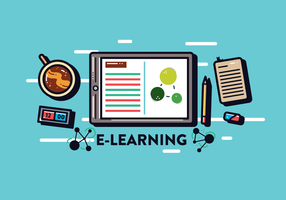By J. Sparks – Redefining Traditional Project Team Member
As both a graduate student and a parent of school aged children, the beginning of summer marks the end of the school year for my whole family. It’s a time when we all assess the academic year completed and make plans for the school year to come.

This year, in response to the COVID-19 pandemic, my university shifted all of it’s classes online. My children also became engaged in online public schooling. After a year like no other, assessing what we have done and where we will go academically – as a family – has been a challenge. Out of necessity, we have all adapted to online learning and established new ways of connecting with our schools, communities, extended family and friends.
For over a year now, my family has lived, worked and learned all together from home. We have made virtual learning work for ourselves and for our children.
It has been an adjustment. It has not been easy. We have survived. We have succeeded.




